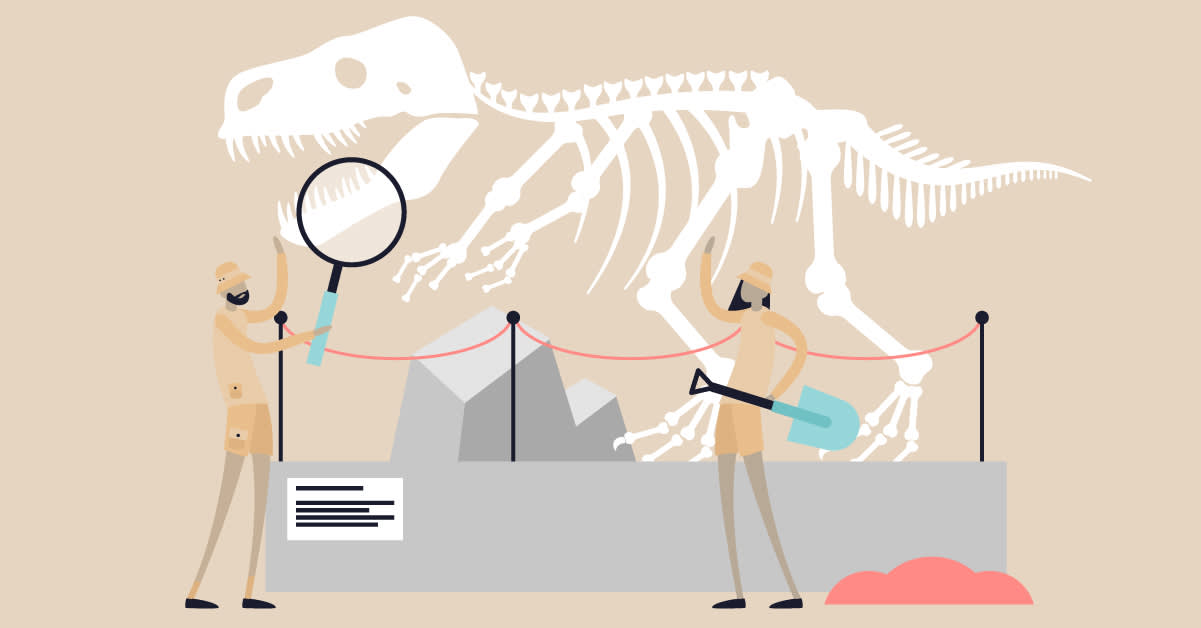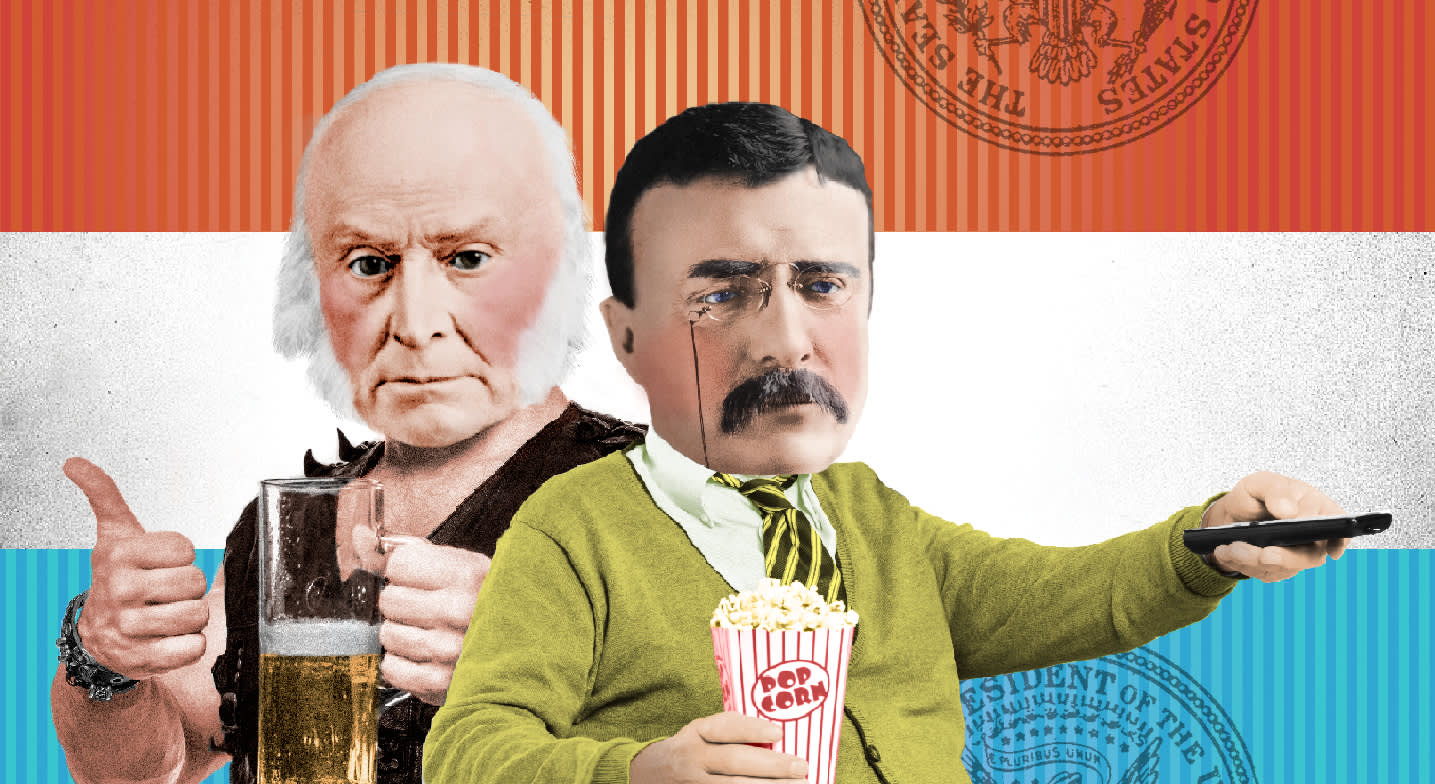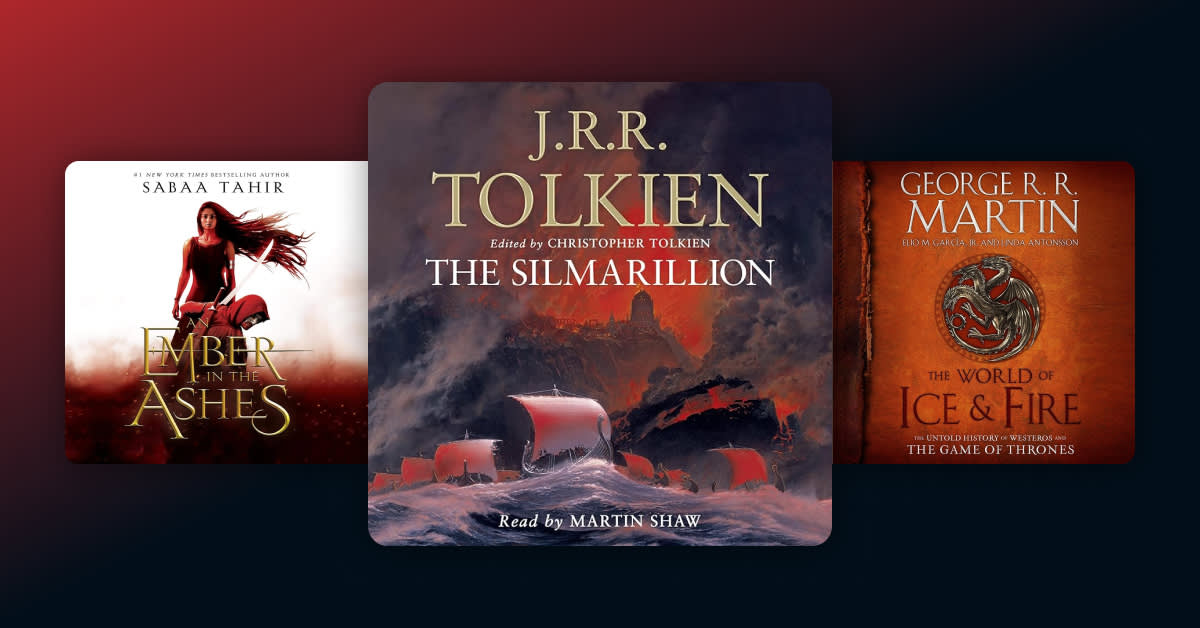If you’ve got a young one who is inquisitive about the past, audio biographies for kids are a great way to foster that curiosity. We’ve rounded up kid-friendly biographies of important, diverse, and trailblazing figures in American history, perfect for augmenting and complementing what kids are already learning in school. These biographies are perfect for independent listening, or you can enjoy them together as a family for deeper discussion.
America’s first president is often the very first historical figure kids learn about, and for good reason! This George Washington biography takes young listeners from Washington's childhood through his presidency, setting the record straight about a lot of the myths and rumors about his life along the way.
Sacagawea is often credited as Lewis and Clark’s guide to the western shores of the United States, but history books often fail to mention that the famous explorers would have died without her insight. This biography tells how she was born into a Shoshone tribe and kidnapped as a young girl, then forced to lead the expedition west with her baby, before covering what little is known about her final years.
Detailing the life of the most beloved president of the United States, this Abraham Lincoln biography for kids tells of Lincoln’s path from his humble beginnings in Illinois to his careers as lawyer and president. As kids will learn, Lincoln served during some of the darkest days in US history and was responsible for the Emancipation Proclamation before his life was cut tragically short by assassination.
For listeners who are too young for Douglass’s famous autobiography, Narrative of the Life of Frederick Douglass, this biography is a great introduction to the remarkable life of the man who was born a slave, learned how to read and write, escaped from slavery, and went on to become an abolitionist, activist, and famous writer. Douglass disproved the erroneous misconception of many white people of the time that African Americans could not be educated, and his writing inspired many to join the anti-slavery movement.
Helen Keller’s childhood is a story of tragedy and amazing triumph, but her story was just beginning. When she was young, she suffered from a disease that left her unable to hear or see. It wasn’t until she met her teacher, Annie Sullivan, that she learned how to communicate. But she didn't stop there. This Helen Keller biography for kids details how she went on to become an activist who advocated for the rights and fair treatment of people with disabilities.
Most kids know that Albert Einstein was a brilliant inventor equated with genius—but many don’t realize he was also an immigrant who fled the Holocaust and cared deeply about human rights. This Albert Einstein biography for kids explores his childhood and explains his scientific breakthroughs in kid-friendly terms!
Rosa Parks is best known for her refusal to give up her seat to a white person on a bus in Montgomery, Alabama, but that wasn't her only accomplishment for the civil rights movement. In this Rosa Parks biography for kids, listeners will learn about her work for the NAACP and her fight against injustice beyond that moment on the bus. Her story, and her act of nonviolent resistance, inspired many from 1955 to now.
While most kids may recognize the words I have a dream...
from his famous speech, they may not know much more about Martin Luther King, Jr.’s lifelong struggle for equal rights. Beginning with King’s childhood in Atlanta, Georgia in 1929, this biography tells how King became a pastor in Alabama and a leader in the civil rights movement before his tragic assassination.
Sonia Sotomayor grew up in a poor neighborhood in the Bronx, where her parents struggled and worried about money. But that did not stop her from working hard and becoming the first Latina to be appointed to the Supreme Court of the United States. This accessible biography details her journey from New York City to Washington, DC, celebrating the accomplishments of a living legend.
Young listeners will learn how Cesar Chavez grew up on his family’s ranch in Arizona, but lost his home when a drought wiped out their crops. Soon after, he and his family became migrant workers in California, where they and so many others were greatly mistreated by landowners. Chavez reacted by organizing the workers and protesting the unfair wages and working conditions in a labor movement that led from the fields to the state capital.














